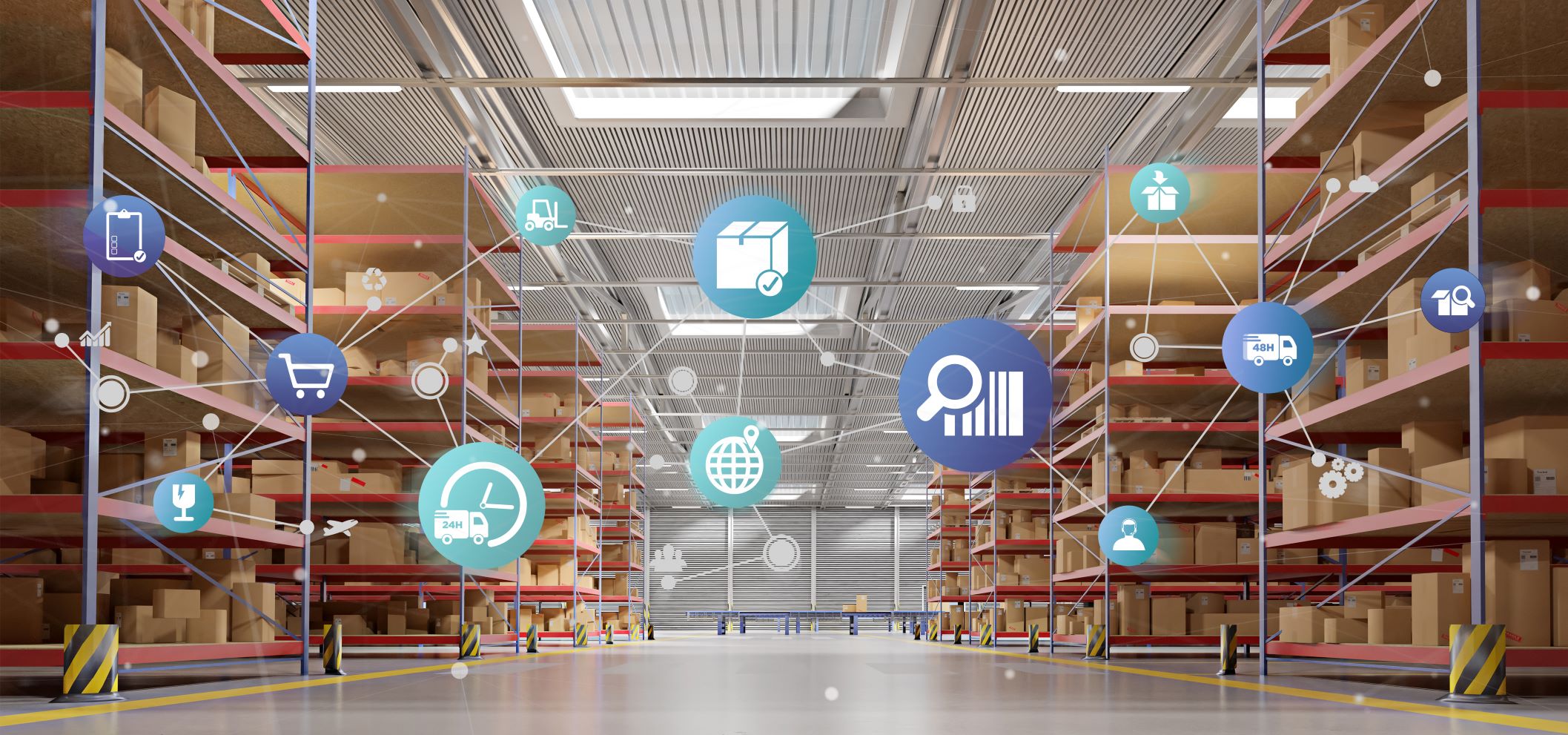
SaaS jobs continue to be in high demand, this is due to the rapid growth and expansion of Sa...

SaaS jobs continue to be in high demand, this is due to the rapid growth and expansion of Sa...

Over the last few years, our specialist SaaS recruitment team have seen a rise in the import...

Project44 are a high growth technology start up who have experienced significant success in ...

Supply Chain Management (SCM) organisations have suffered during the last two years with the...

There is a distinct lack of female talent within the technology space, more specifically wit...

SaaS is an ever-evolving industry, with constant development and growth. According to Statis...

Often thought of as one overarching technology, artificial intelligence (AI) is the name giv...

Technological Innovation, namely artificial intelligence (AI), automation and cloud-based so...